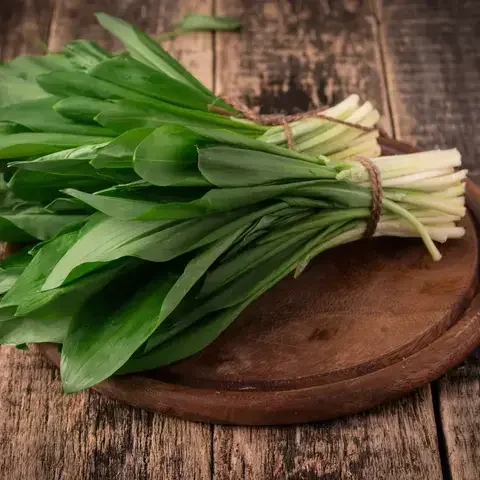"The abrupt, searingly tart, tangy, salty taste jolts the eyes open, shakes the stomach awake, sandpapers off any staleness from the taste buds” is how Japan food expert Robbie Swinnerton describes them.
Legend has it Samurai warriors were fuelled by them when heading into battle, while modern day party goers might swear by them as the ultimate hangover cure.
These days you're just as likely to find them on fine dining menus, where they're kicking up the mayonnaise at the Modern Pantry and the brine is a secret cocktail ingredient.
We can only be talking the powerful potent weapon that is sour plums or umeboshi.
What are Umbeoshi?
Umeboshi are fermented or pickled plums made from young sour Japanese fruit that's a cross between an apricot and a plum, called ume.
After pickling and drying they are then soaked in vinegar, sometimes with shiso leaves, and then aged.
They can be found whole or as an umeboshi paste, or in vinegar form.
Umeboshi: The Energy Food of Warriors
These salty-sweet plums are also thought to have potent medicinal properties from giving samurai warriors an extra energy boost to cold-fighting, combatting hangovers, and generally helping digestion and stave off nausea.
But beyond the urban and historical folklore, umeboshi plums do have many beneficial properties backed by science. For starters, they have been shown to block liver damage, so perhaps the hangover cure claims are not so much of a stretch after all. They have a substance called baniku-ekisu, which has been shown to help your cardiovascular system by keeping your arteries from hardening. They also are high in potassium, manganese, and fibre. These plums contain anti-microbial effects that can aid in everything from stomach ulcers to gum health problems.
Like most red fruits, umeboshi plums are high in phytonutrients and antioxidants, which bring a whole slew of health benefits. And umeboshi’s citric acid levels are through the roof (two or three times those of a lemon), effectively supercharging your immune system. Indeed, one of the only downsides of this pickled fruit is the high sodium content, but if eaten in moderation, its benefits far outweigh its drawbacks.
How do you Eat Umeboshi?
Depending on the quality and the occasion, umeboshi can be enjoyed atop rice at any meal in a furikake mix, as one of the tsukemono (Japanese pickles) accompanying a meal, or aged as special occasion delicacies.
They're a welcome addition to bento boxes and can even be popped inside onigiri rice balls,
Umeboshi pastes and vinegars are equally useful for imparting sharp and fruity flavours to dishes and dressings.
Learn how to make the Japanese sour salted plums if you want to get your day off to an unstoppable start.













